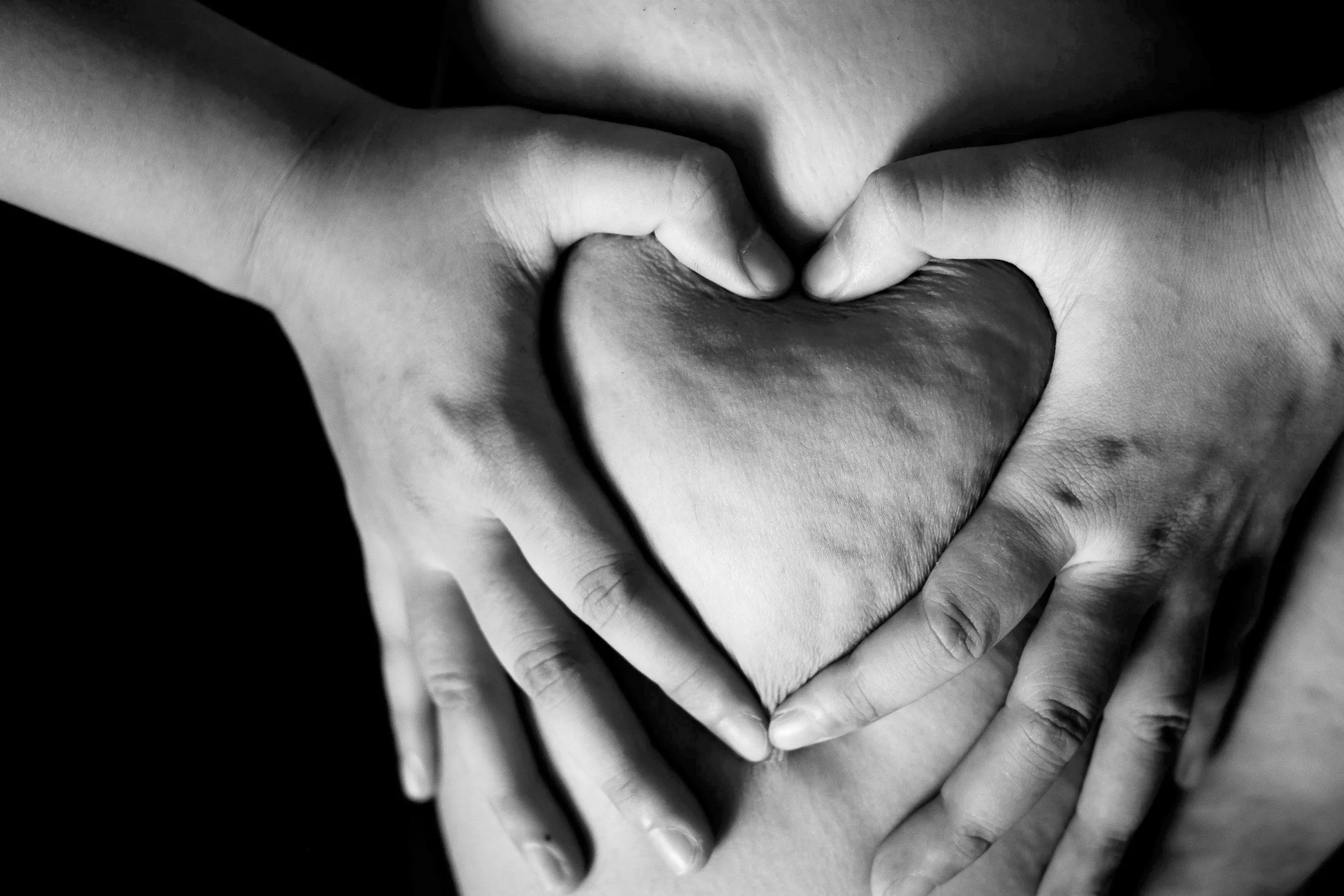Nourishing your Body is Respecting your Body: Every Body Deserves Respect by Emily Presbrey, MS, RD, LDN
When approaching conversations related to body image, I often use the term “body respect”. The idea of “loving”, or even “liking”, your body is difficult for many of my clients. This is why I lean into the word “respect”. You do not have to like your body, to respect your body because body respect has little to do with how you feel about your body, and instead is centered around how your treat your body.
What does the word “respect” mean to you?
Can you think of a person you respect, but perhaps don’t “like”?
Many of my clients quickly reply, yes! “Respect” does not equal “like”.
“Respecting your body means treating it with dignity, while holding the intention of meeting its basic needs.”
Respecting your body is a critical turning point in eating disorder recovery, and ultimately becoming an Intuitive Eater. Lacking respect for your body, interferes with our innate ability to listen its cues neutrally. Interoceptive Awareness is the body’s intact ability to perceive physical sensations that arise from within your body. It is a direct experience- not the past or the future. It includes basic states like a distended bladder, hunger and satiety cues, and the felt sense of every emotion in our body. When you perceive body sensations, it allows you to take action to help get your psychological and biological needs met. Diet culture teaches us to act externally related to our hunger and fullness, versus seek and follow internal information. Unfortunately, we are taught to disconnect from these internal cues and move away from trusting our body. Many people experience judgements related to hunger, as well as fullness making it difficult to align with body respect, and ultimately intuitive eating.
Respecting your body allows for focus on the behavioral piece of healing. This is not easy, and moving away from the social norm of “hating your body”, takes a conscious effort. I often think of the scene in Mean Girls when Gretchen, Regina and Karen are bashing their bodies. They look over at Cady and she hesitantly replies- “I have really bad breathe in the morning”.
What does body respect look like?
Adequately nourishing my body.
Honoring my hunger and fullness when I am in a physical space to work on this.
Treating my body with dignity.
Dressing my body comfortably and in a style I like.
Moving my body comfortably, to the extent that is possible.
How can I start working towards body respect?
Understand that body image is not about your body: Poor body image is often a scapegoat for uncomfortable emotions and as a means of control. For more details on this, you can refer to Lisa Carroll’s blog, “Why Body Image is not about our Bodies”. When you notice you are having difficult body image thoughts ask yourself, “what is really going on?”
Get rid of the body assessment tools & quit the body checking game: Many individuals who weigh themselves frequently have difficulty living in their “here and now” body. My recommendation is to stop weighing yourself, and getting rid of the other “body assessment tools” such as a pair of too small jeans, measuring tape, etc. Body checking is much more than looking at yourself in the mirror and assessing an outfit- this may be body comparisons with other people, or poking and prodding at their body in the mirror.
Be Realistic with YOUR body: If obtaining and maintaining a particular weight requires meticulously counting (calories, macros, etc.), while exercising for hours- that’s a red flag. Remember, genetics is a thing, and we don’t get to choose our genetics.
Do nice things for your body: Take time to recognize what feels good for your body. This may be movement, a warm bath, picking out a fun outfit, etc.
View your Body as an Instrument, not an Ornament: It can be empowering to shift your focus to what your body can do, instead of how it appears. I have had many people tell me this is “weird” or “awkward”, however give it a try! The goal is to rewire and recreate your “go to” thoughts about your body.
Respond to the internal cues of Hunger and Fullness: For many, initial phrases of recovery require following a structured meal plan that does not always align with your current levels of hunger. This is done to support reestablishing these cues in your body. Once these cues are reliable and consistent, it is very important to work towards honoring and responding to the body’s internal cues of both hunger and fullness. Through the work with your dietitian, you will be able to work through judgments associated with these sensations and tune into pure, non judgmental interoceptive awareness.
I know this may be a lot of information on 1 short phrase, “body respect”, and perhaps feels overwhelming. I encourage you to enter this phase of your journey with curiosity, and investigate your beliefs and behaviors related to your body. What ways are you lacking respect towards your body? What ways are you treating your body with respect?
My challenge for you: When making a choice related to food, movement, or clothing today ask yourself…
“Am I respecting my body?”
To learn more or connect with someone from our team please reach out to Lotus Therapy Group at 708-552-7330 or email us at lotustherapygroup@gmail.com.



